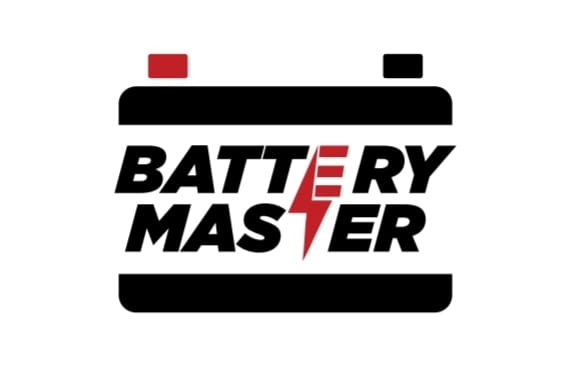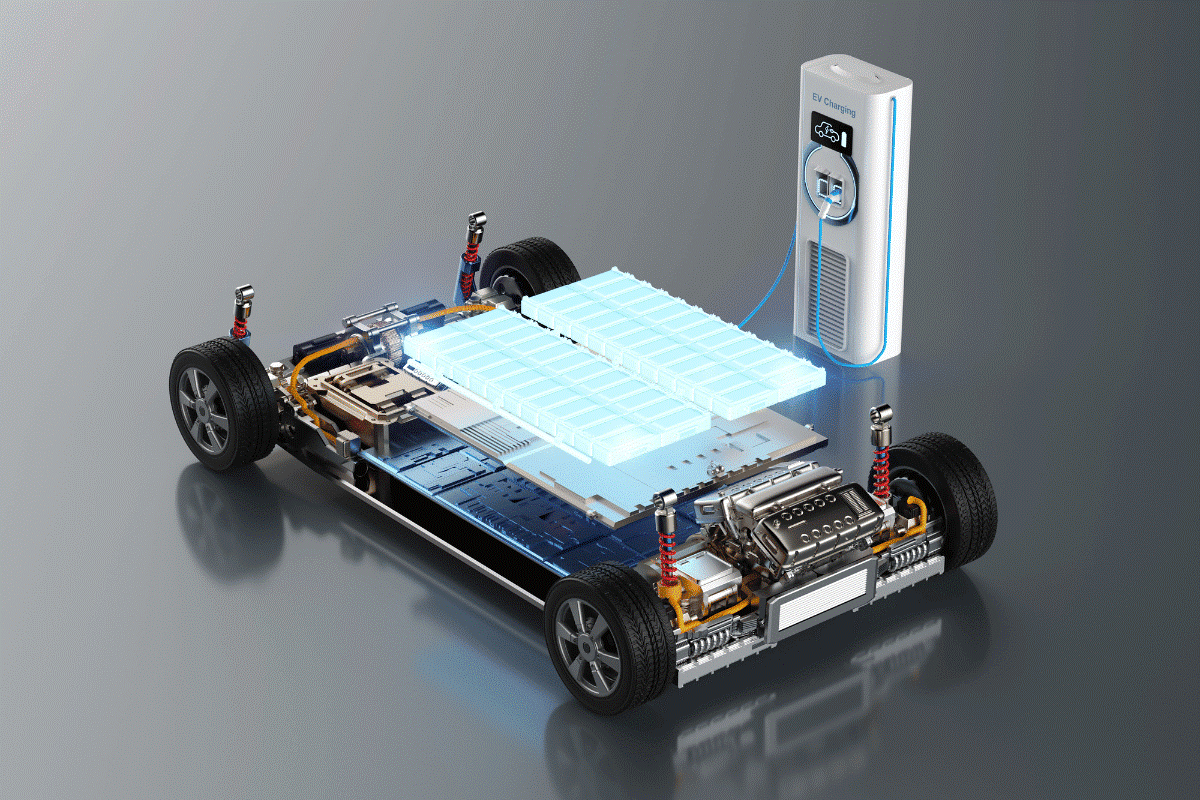Everything from smartphones to electric vehicles relies on lithium-ion batteries, which have become indispensable in modern life. Issues regarding their chemistry and energy density mean their extensive use also raises safety issues. Safety laws and guidelines have been devised to cover all aspects of a lithium-ion battery’s life cycle to reduce the likelihood of accidents. This article will discuss the most important precautions when working with, transporting, utilizing, and disposing of lithium batteries in UAE.
Manufacturing Phase: Maintaining Stability And Reliability
A lithium-ion battery’s road toward security starts in the factory. Each battery goes through rigorous quality checks to guarantee it is built to code. Manufacturers for material selection, cell layout, and construction methods follow guidelines. During this stage, looking out for flaws that might cause a thermal runaway or an internal short circuit is crucial.
Transportation And Storage: Controlling Dangers
Transporting lithium batteries in UAE is a regular occurrence on land, sea, and air routes. Specific rules have been put in place to prevent accidents during transport because of their high energy content. Packaging, labelling, and storage methods are all addressed under these rules. Proper battery storage, away from sources of heat or ignition, is also essential for avoiding thermal runaway.
Usage And Operation: Awareness Of Use
Consumers’ interactions with lithium-ion batteries in gadgets like computers, cellphones, and power tools are part of the consumption phase. At this stage, safety recommendations focus on raising user consciousness and encouraging careful handling. Lithium batteries in UAE come with instructions from the manufacturer on charging, discharging, and preventing physical damage. When batteries are overcharged or left in hot environments, they can lose performance and potentially overheat.
Charging Practices: Limiting Excessive Pricing
The creation of lithium metal during overcharging of lithium-ion batteries can cause internal short circuits and, in extreme situations, fires or explosions. Modern lithium batteries in UAE include built-in protective circuits that cut power to the battery when it reaches its maximum capacity, preventing damage from overcharging. Users must only charge their devices with approved chargers that meet industry safety requirements and unplug them after prolonged usage.
Disposal And Recycling: The Duty To Care For The Environment
Lithium-ion battery safety and environmental protection depend on their proper disposal. There are rules for properly disposing of batteries and other electrical trash in many areas. The sophisticated procedures needed to salvage valuable materials and lessen environmental damage can be handled by recycling facilities. Instead of throwing them away in the garbage, people can recycle their old lithium batteries in UAE through official means.
End Of Life: Secure Dismantling
When a lithium-ion battery has served its purpose, it must be decommissioned safely. Before recycling or disposing of the battery, one must discharge it to an appropriate voltage. The recycling procedure may be inefficient and dangerous; therefore, battery producers are looking at methods to develop lithium batteries in UAE that people can disassemble more easily.
Research And Development: Increasing Security
Researchers and developers in lithium batteries in UAE are working hard to make these energy storage devices safer for use. Ongoing advancements are moving the industry towards safer and more dependable batteries, such as developing new, more stable substances less susceptible to thermal runaway and creating better battery management systems.

Conclusion
Lithium batteries in UAE have wholly altered how electronics and automobiles are powered. However, they provide unique safety problems during their life cycles due to their high energy density and complex chemical makeup. There must be strict adherence to safety laws and standards throughout the production and disposal processes for these vital energy sources to avoid accidents, preserve the environment, and last as long as possible. Safety precautions will improve with technological development, ushering in a day when lithium-ion batteries may be used responsibly and to their full potential.
Feel free to contact us at sales@batterymasteruae.com or by calling 00971 6 566 1404 with any questions or concerns about lithium battery safety. We value both your and the planet’s safety equally.



